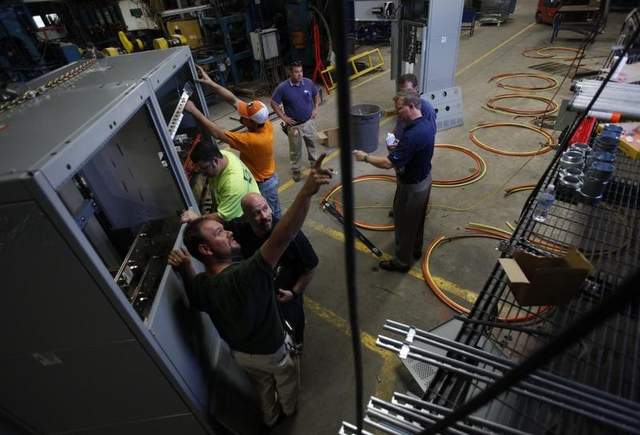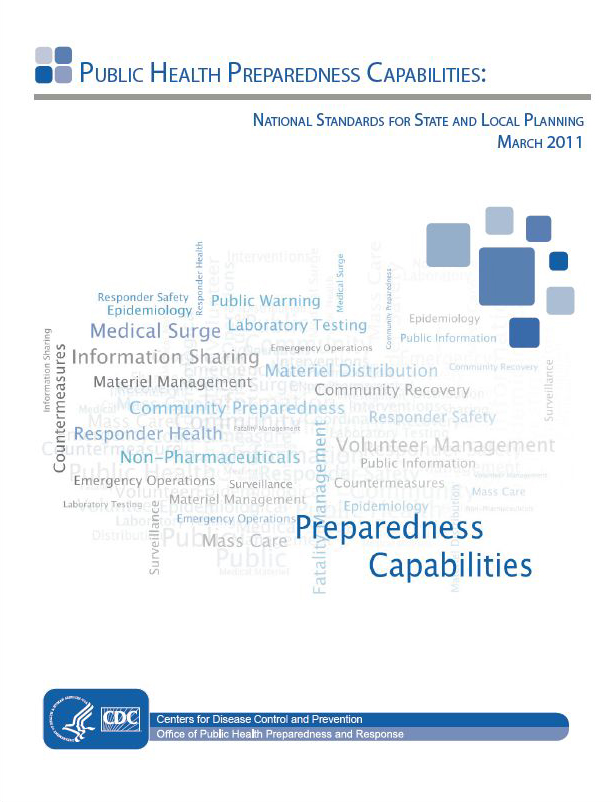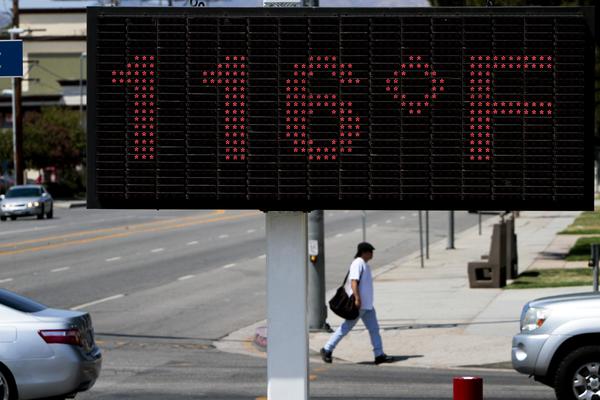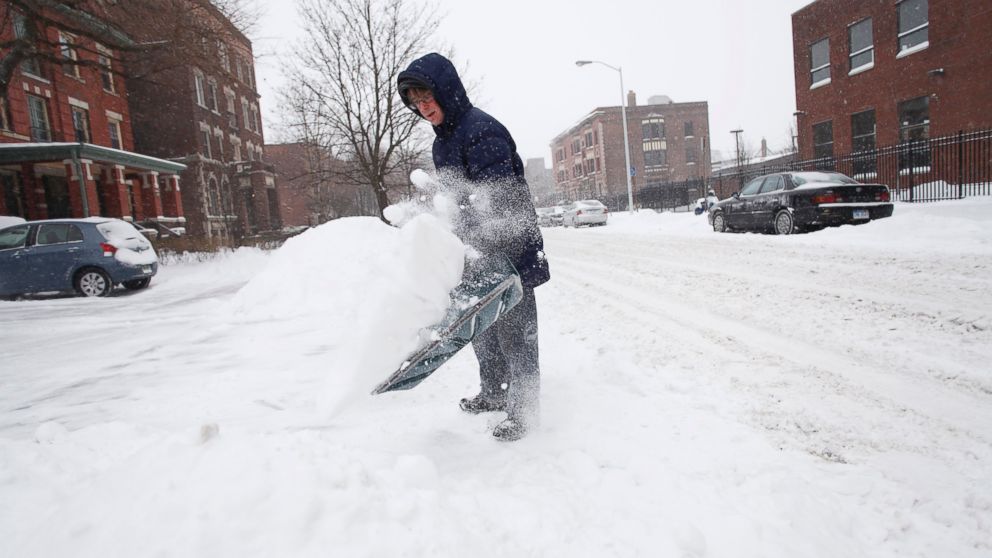submitted by Mike Kraft

Jason Hall of Stansell Electric, left, talks with project manager Daron Whitehead as Nashville Wire and other vendors help repair the electrical systems after floodwaters inundated the company in May 2010, destroying $1.2 million in inventory alone./ Dipti Vaidya / File / The Tennessean
tennessean.com - by J. J. Rosen - December 8, 2013
In May 2010, after 36 hours of continuous rain, Nashville was in serious trouble. The “Flood of 2010,” as it came to be known, created a disaster that affected almost everyone in the city. . .
. . . In 2010, the idea of servers and applications being remotely hosted in the cloud was relatively new, and mobile technology was not as prevalent as it is today. Combining mobile and cloud, small- and medium-size businesses can now afford to design and implement disaster-recovery and business-continuity plans that have the same features as their larger competitors.
(READ COMPLETE ARTICLE)

 nhc.noaa.gov
nhc.noaa.gov


 cdc.gov
cdc.gov





Recent Comments